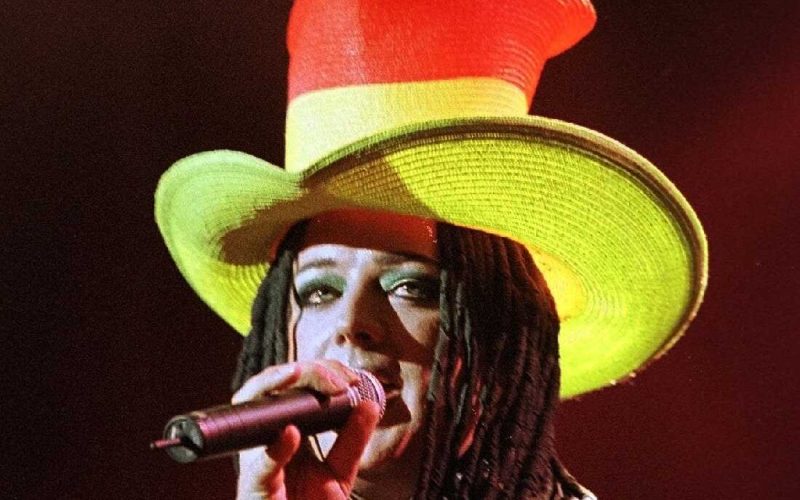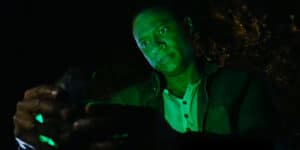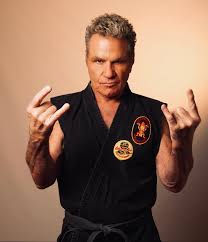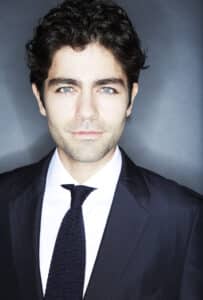Boy George & Culture Club by Alison Ellwood premiered at the Tribeca Film Festival as their spotlight documentary. The film is about the highly successful 80s Brit pop, soul, and reggae-influenced band. It chronicles their beginnings and ascent into fame. The film highlights his meeting with Jon Moss, the formation of the band, and delves into Boy George’s addiction issues. How does Boy George & Culture Club stack up with the culture of Culture Club?
Oh Boy – It’s Boy George!
Boy George is George Alan O’Dowd, born in Kent, England, in 1961. Coming from a working-class family, he loved music and was heavily influenced by the New Romantic movement. Siouxsie and the Banshees, Patti Smith, and David Bowie were all inspirations for him. Soon, he met Jon Moss, Mikey Craig, and Roy Hay, and they formed Culture Club in 1981.
The Beginnings
Playing in venues like The Blitz, Culture Club was originally called Sex Gang Children, but they changed it to Culture Club since the band had some diverse members. Weirdly enough, another band adopted Culture Club’s previous name.
Culture Club was signed to Virgin Records in the U.K. and Epic in the U.S. After putting out two singles, their third song, “Do You Really Want to Hurt Me,” placed high on both British and United States charts. They followed up with “Time (Clock of the Heart)” and “I’ll Tumble 4 Ya.”
Several more albums with chart-climbing hits ensued, like “Karma Chameleon” and “Miss Me Blind.” However, there was tension in the band primarily due to Boy George’s drug use and his relationship with drummer Jon Moss. Culture Club has disbanded and reformed several times over the past few decades.
Documentary Film Review
Alison Ellwood’s piece on the evolution and then candid look into Boy George & Culture Club does a good job of showing the band and their struggles and triumphs. It describes in detail Boy George’s history and relationship with Culture Club and also with Jon Moss, but does very little about diving into his effect on the LGBTQIA+ community. The documentary briefly mentions it, but anything that could be deemed as “controversial” has been glossed over.
This is not to say that Boy George and Culture Club isn’t an effective piece of work by Alison Ellwood. Ellwood has previously looked into the Go-Go’s – the band and their history – and she went fairly deep with that. Here with Boy George & Culture Club, she takes a safe view. She tends to often convey him in all his colorful glory through a pair of rose-colored sunglasses.








